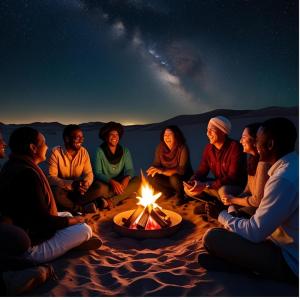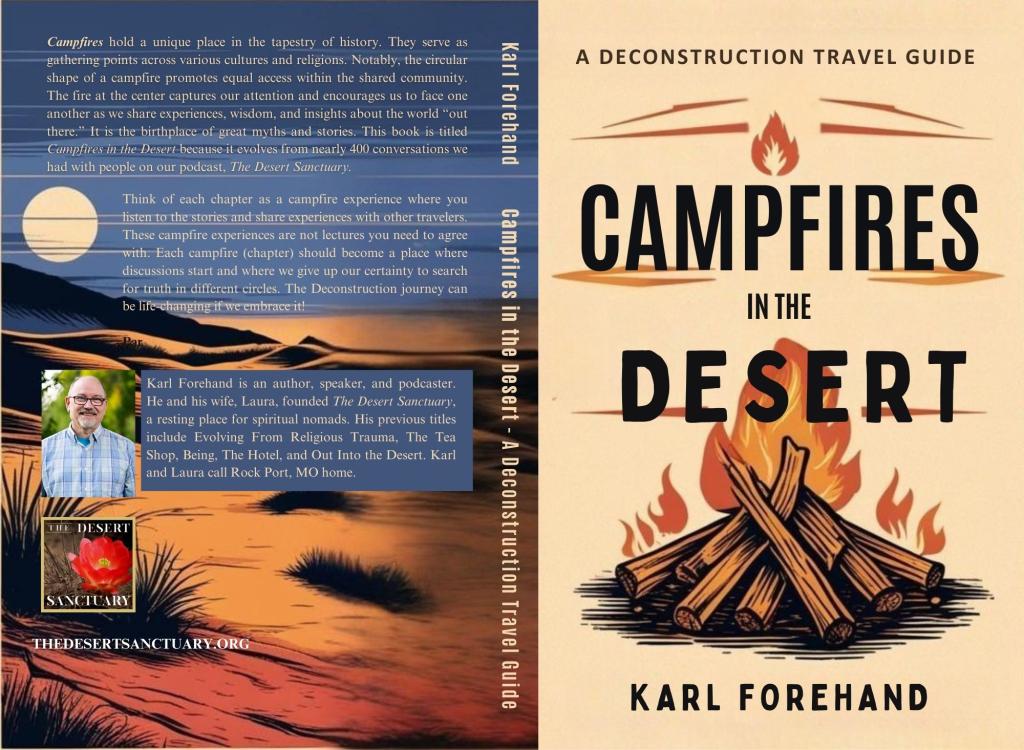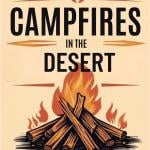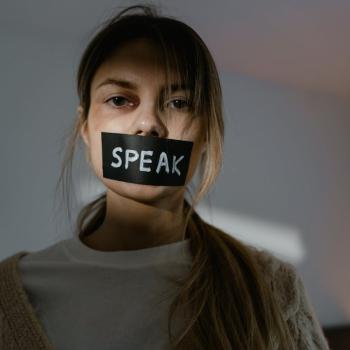
After spending several years in the deconstruction world, I benefited from the wisdom of those who traversed it and eventually realized what I shouldn’t do. As in many instances before, pastors and ministry workers demonstrated the lesson of what NOT to do. I am part of this indictment because I was also a former pastor. I will share the mistakes I made that led me to write this book and provide insights on a better way to proceed.
When I decided to leave the ministry, I soon found a large church about an hour from my house. Some of my friends at the time were participating in a program that allowed individuals to become certified as spiritual directors. I believed this would be a natural next step in using my gifts and experiencing the thrill of helping others. The program taught me how to assist others and facilitated profound healing within myself through bio-spiritual focusing.
I also assumed I could do some coaching, so my first website was “Karl’s Coaching.” I quickly realized that the people who make money from coaching are the ones who train other coaches. I could have joined a church staff and helped change the system, but you can guess how that turned out. I have tried several times to promote myself by producing videos and imitating what I saw other influencers doing, but all my attempts came across as inauthentic and contrived. After losing some new friendships and experiencing frustration, I realized I needed to engage in deep inner work.
I believe this is where many individuals get stuck on their journey. Engaging in deep inner work is challenging, and sometimes, those going through deconstruction choose to stay connected to religion, thereby avoiding their trauma and dysfunction. Ignoring unresolved trauma can lead to missteps when attempting to “start something new,” as my previous denomination encouraged and as I often leaned toward as a teacher. We must take the necessary time to heal and seriously address our mental health and traumas, or we risk repeating our past by bringing old patterns into new situations and endeavors.
We have interviewed approximately 400 people on our podcast, The Desert Sanctuary. I applied the wisdom gleaned from those discussions to my processing as I grew, healed, and gathered my thoughts for this manuscript.
The campfire is not a place where we stand and lecture. Everyone has equal standing around the campfire. Sometimes, the most profound statements come from the person staring into the distance, mumbling something we need them to repeat. What they say will most likely not confirm our already-held assumptions. The words shared around the campfire will challenge us to go further than we’ve ever gone and discover things we might not even have imagined could be true for us.
The book is divided into two parts: Travel Tips and Good Questions. The travel tips will help deconstruct and clarify our understanding of the journey. We must improve before trying to help others or start something new. This includes an honest assessment of organized religion’s mistakes, which will most likely cause the reader some consternation. However, ultimately, we will discover a better way forward and play the game we want, instead of what was prescribed.
Since organized religion is a system, the best way to interrogate is with better questions. I avoided the doctrines that most focus on in deconstruction like queer acceptance and allyship for the marginalized communities. I assume those discussions are plentiful, and someone interested in deconstruction has already considered them.
I wanted to find the root questions that affect everything else, such as:
- Is God a good father?
- Does God change?
- Why does God enable evil?
- Were patriarchal systems ever beneficial or effective?
- Why go to church?
- Am I getting better in that system?
As I wrote these questions and reflected on our conversations around many a campfire, I thought of the person uttering these questions out of the blue, their teary eyes reflecting the campfire. These questions will make the reader uncomfortable because they hold us accountable for many of the mistakes we have made in the past.
If we crave truth with a capital T, we must ask really good questions.
This book will not make you comfortable, but it might improve your life!
I sometimes think about the Israelites and how the Bible recounts their escape from captivity. I assume they were joyful for a while, but soon they longed to return to captivity because it was easier. Many of us feel this way when we encounter the demanding aspects of deconstruction. We can’t deconstruct halfway, just as we can’t partially leave captivity. Freedom is not merely an event; it comes with responsibilities and requirements for success.
We must engage in hard work to improve, or the systems that control us will remain unchanged.
Be where you are, be who you are, and be at peace!
Karl Forehand

Our New Course!
Religious Trauma Resources
The Desert Sanctuary Podcast
Karl Forehand is a former pastor, podcaster, and award-winning author. His books include Out into the Desert, Leaning Forward, Apparent Faith: What Fatherhood Taught Me About the Father’s Heart, The Tea Shop, and Being: A Journey Toward Presence and Authenticity. He is the creator of The Desert Sanctuary podcast and community. He has been married to his wife Laura for 35 years and has one dog named Winston. His three children are grown and are beginning to multiply! You can read more about the author here.













